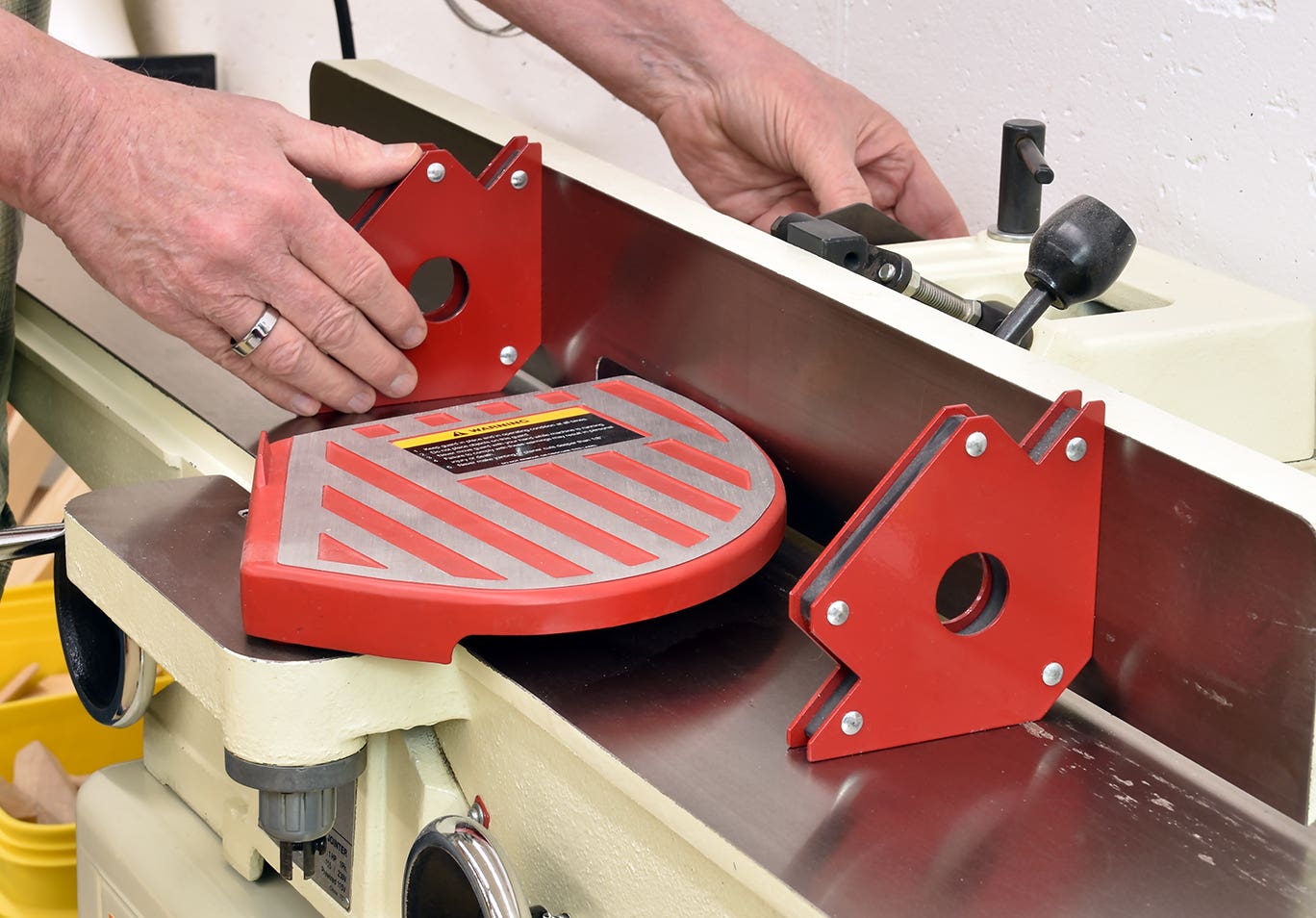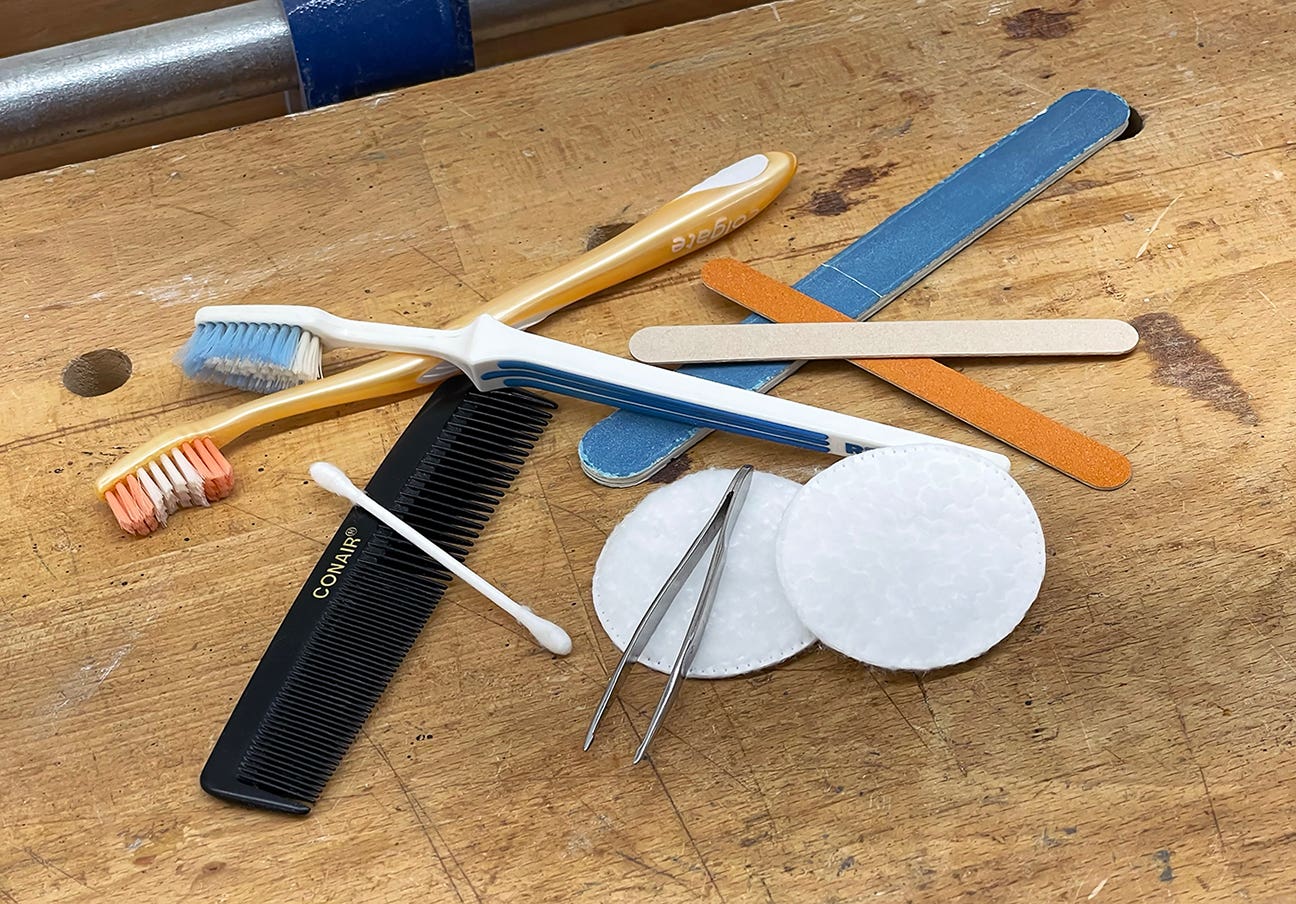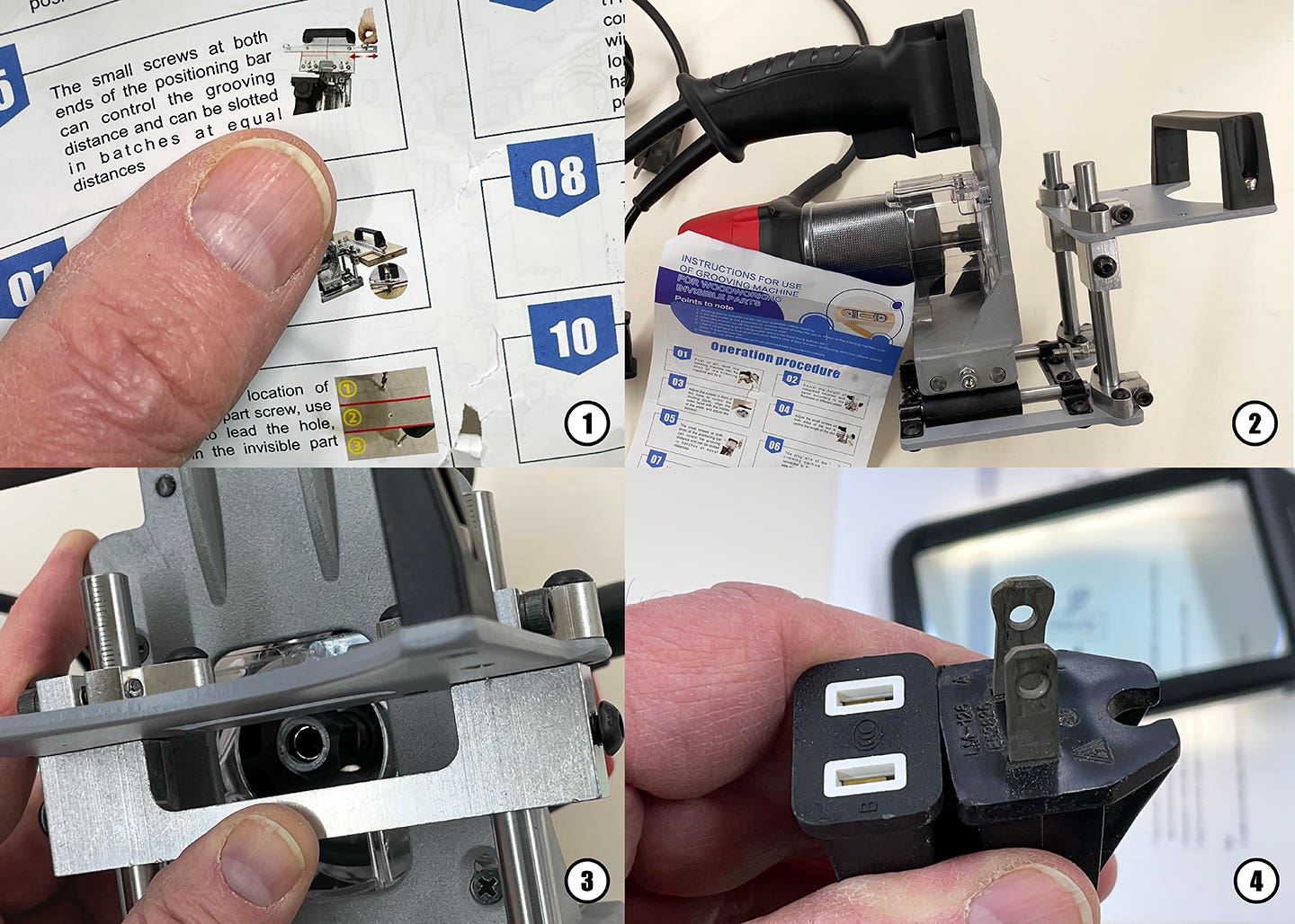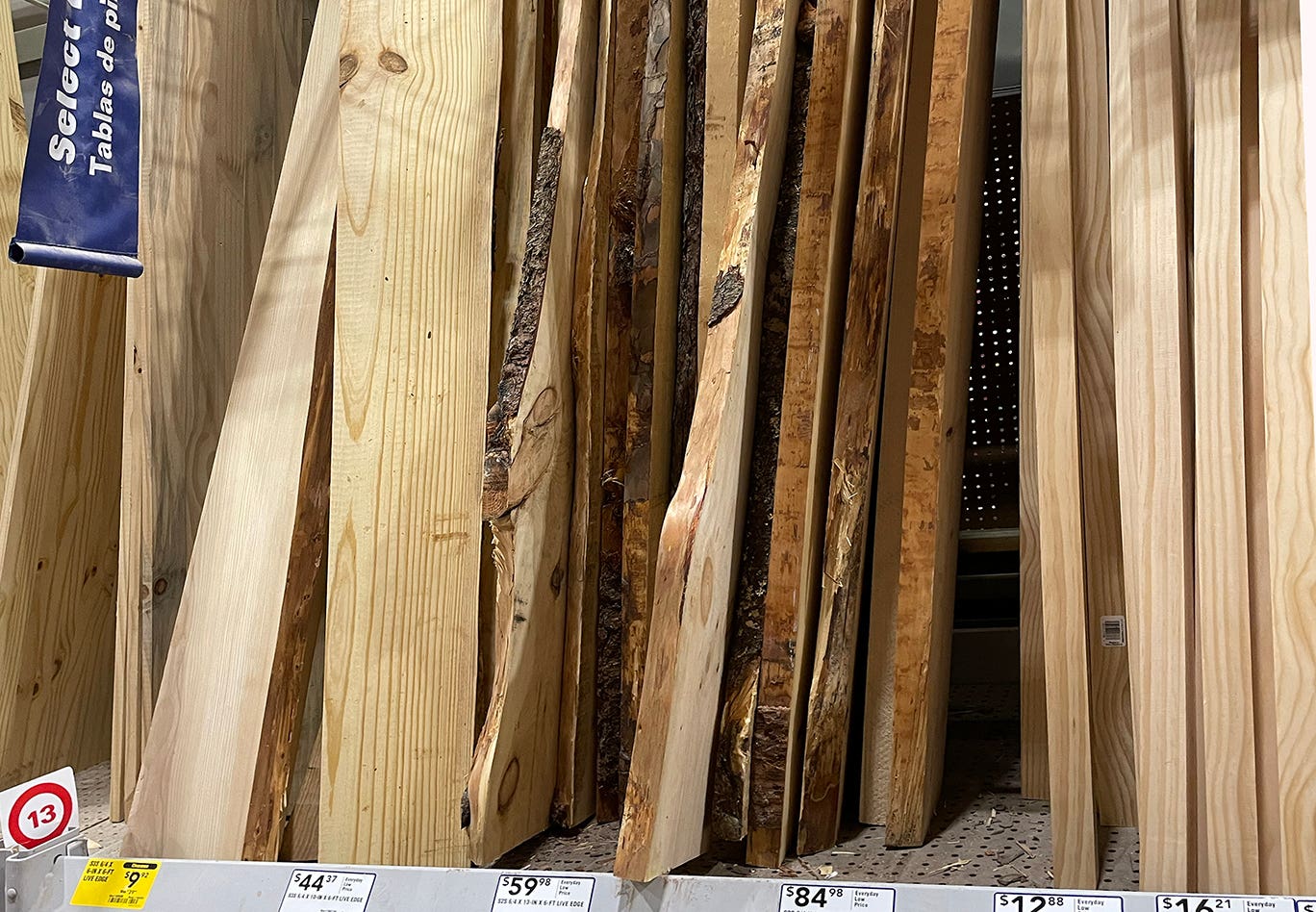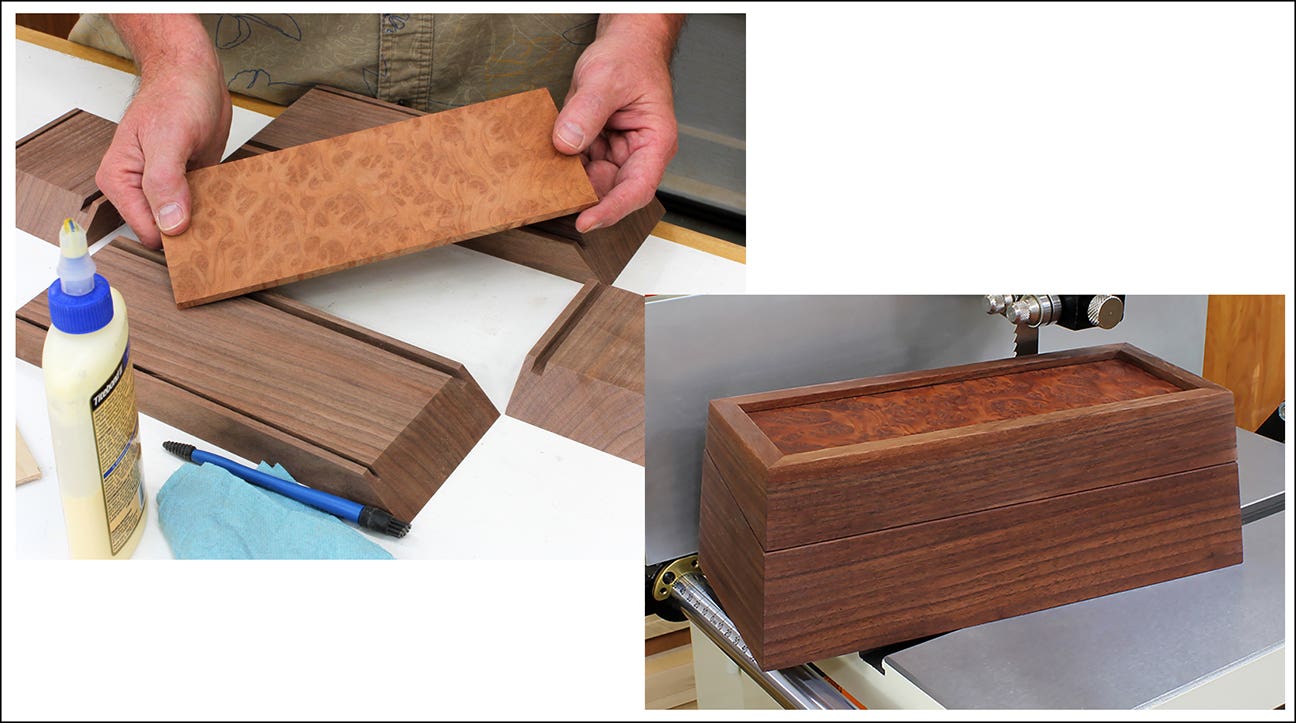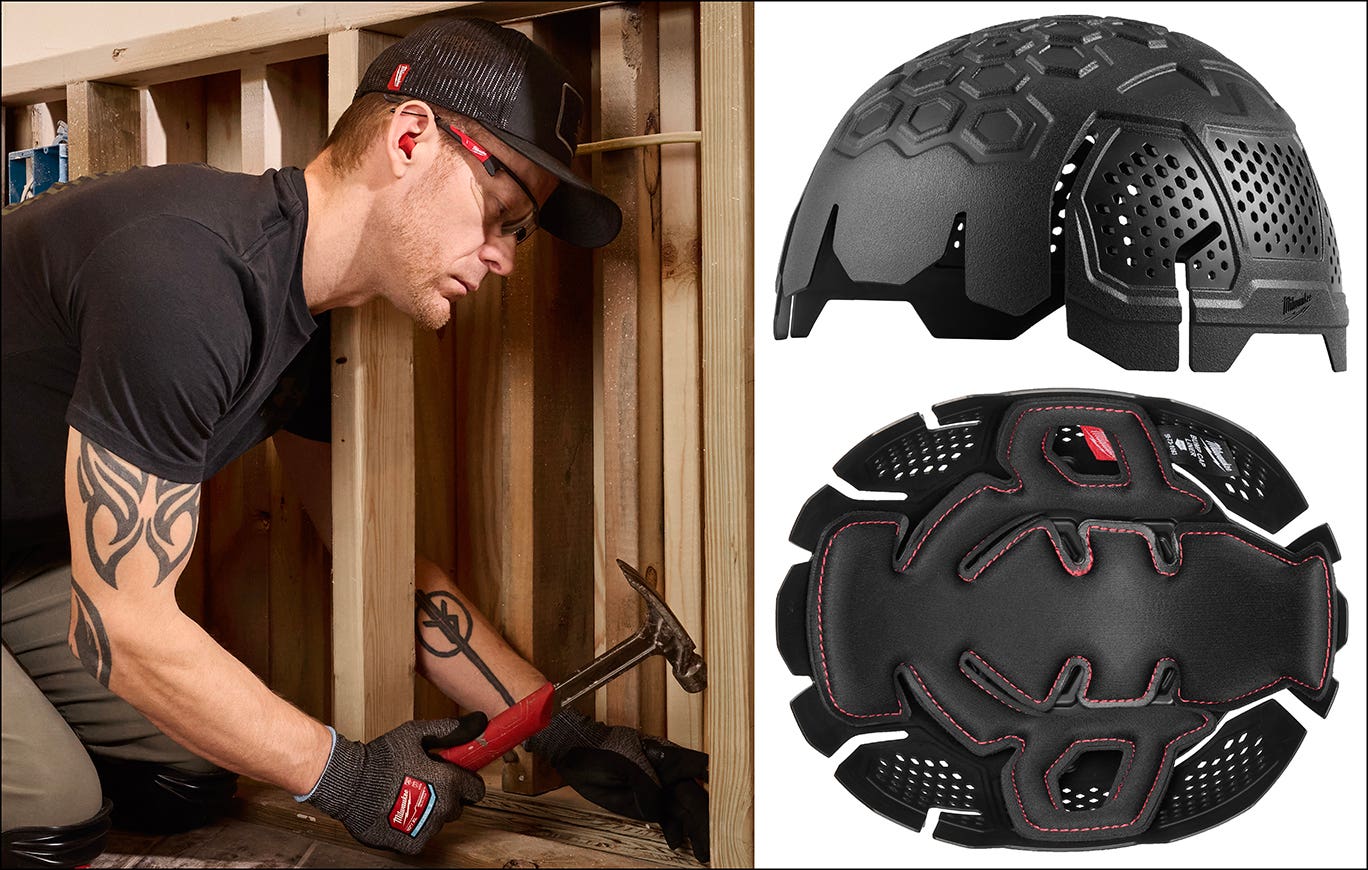Earning respectability
Conventional wisdom says we should look down our noses at inferior joinery. Dovetails and dados, good; butt joints and nails, bad. Whether the conventionally wise among us pass negative judgment…
Conventional wisdom says we should look down our noses at inferior joinery. Dovetails and dados, good; butt joints and nails, bad.
Whether the conventionally wise among us pass negative judgment on a technique often has to do with how long a particular technique has been around. For example, dowel joinery is usually nothing more than a butt joint that has been enhanced that is, mechanically strengthened with dowels. But dowel joinery has been around for a few centuries now, so its longevity has earned it a certain level of respectability over the years. We recognize dowel joinery's strengths and weaknesses when compared to other types of joinery, but nearly everyone I've ever talked to agrees that it is indeed a legitimate type of joinery.
Why is it, then, that pocket-hole joinery in the words of the late Rodney Dangerfield don't get no respect? Like a dowel joint, pocket-hole joints are really just butt joints that have been mechanically strengthened with screws. Both joints are strong, both are easy to do, require little skill, and can be accomplished fairly quickly. Unlike dowel joints, which are usually permanent, joints made with pocket screws are reversible. They can be taken apart and rejoined as often as you like, which can be a boon for anyone needed to reconfigure furniture, especially in an office environment.
But pocket-hole joinery carries with it the cachet of mass-market, cheap-furniture superstores. Stores that not too long ago sold furniture that was joined primarily with dowels, which have been more or less replaced by pocket screws because they're faster, easier and, yes, cheaper. But by being replaced with something newer and cheaper, dowels have suddenly become old technology. And when it comes to woodworking, old technology is almost always thought of as better.
The way I figure it, several score years from now some new technology will come along that replaces pocket-hole joinery. And it will replace pocket holes because it will be even faster, even easier, and even cheaper. When that happens, pocket hole joinery may finally get the respect it deserves.
If our great grandchildren become woodworkers, they may still use pocket screws to join wood just like we do. The difference is that they'll be able to brag about doing things "the way grandpa did."
Till next time,
A.J.
A.J. Hamler is the former editor of Woodshop News and Woodcraft Magazine. He's currently a freelance woodworking writer/editor, which is another way of stating self-employed. When he's not writing or in the shop, he enjoys science fiction, gourmet cooking and Civil War reenacting, but not at the same time.

